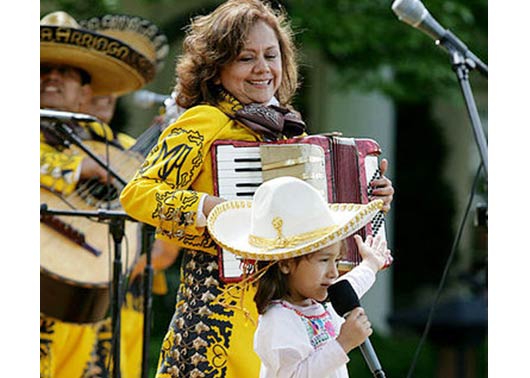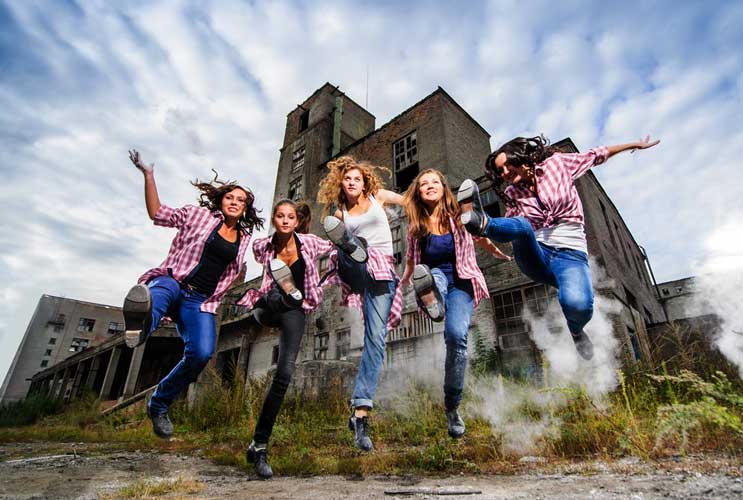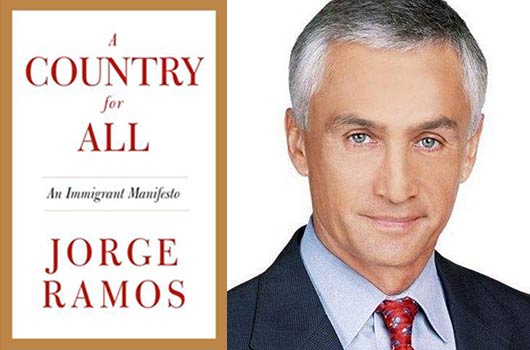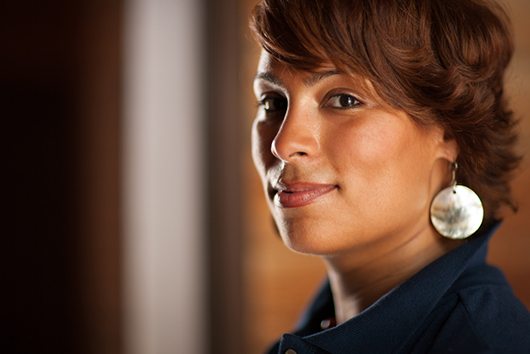
Last February, I asked my older kids how they were commemorating Black History Month at school. Both children gave me blank stares.
“My teachers haven’t even mentioned it,” said my 10-year-old daughter.
“What’s Black History Month?” asked my 8-year-old son.
Although I was disappointed by their responses, I was not surprised. Celebrating Black History Month seems to have fallen out of fashion in our country. When I was a kid growing up in the 70s and 80s, Black History Month was much more emphasized. I can still remember writing reports on people like Langston Hughes, Sojourner Truth, W.E.B. Dubois, Duke Ellington, and Frederick Douglass. We had parades, television specials, and school assemblies.
Now, Black History Month seems to be a blip on the calendar that is marked by a brief mention of Martin Luther King, Jr. and the acknowledgement that Barack Obama is our first African-American president.
I must admit that I didn’t really emphasize Black History Month before that encounter with my children. I was squarely in the camp that believed African-Americans were getting short shrift by having our culture regulated to the shortest month of the year. Therefore, I ignored it.
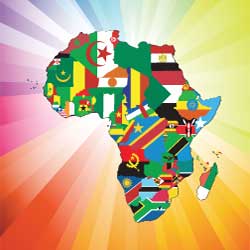 However, I have since come to realize that all of our accomplishments would go unnoticed if not for Black History Month. We must celebrate it and make it much more than just a rehash of the Civil Rights Movement and slavery. African American history is American history, and we must treat it as such.
However, I have since come to realize that all of our accomplishments would go unnoticed if not for Black History Month. We must celebrate it and make it much more than just a rehash of the Civil Rights Movement and slavery. African American history is American history, and we must treat it as such.
When Carter G. Woodson created Negro History Week in 1926, he truly hoped that America would reach the point that African American culture was fully integrated into our country’s cultural fabric, and that setting aside time to celebrate Negro history would be redundant. Despite some people’s argument to the contrary, that day still hasn’t come.
Read Related: How to Celebrate Hispanic Heritage Month Year Round
Black History Month is a great reminder that we must celebrate the diversity that has made this country great. People love to say that we live in a post-racial society. Unfortunately, race still matters in America. Ignorance, stereotypes, and misinformation still prevail. I realize that learning about Black history is not the cure, but it is one way to open a dialogue about race. Black history is American history. The two are forever intertwined.
I encourage people of all races to take the time to learn about one another this month. More than ever, we need each other. Crossing boundaries and having open, honest discussions will go a long way towards closing some of the racial divides that still exist.
This year, I’m planning several activities during Black History Month to help my children connect with their past and look forward to their future. I want to ingrain in them that Black people have a history and legacy of excellence, not just of slavery and strife, and that they, too, are part of that legacy.






